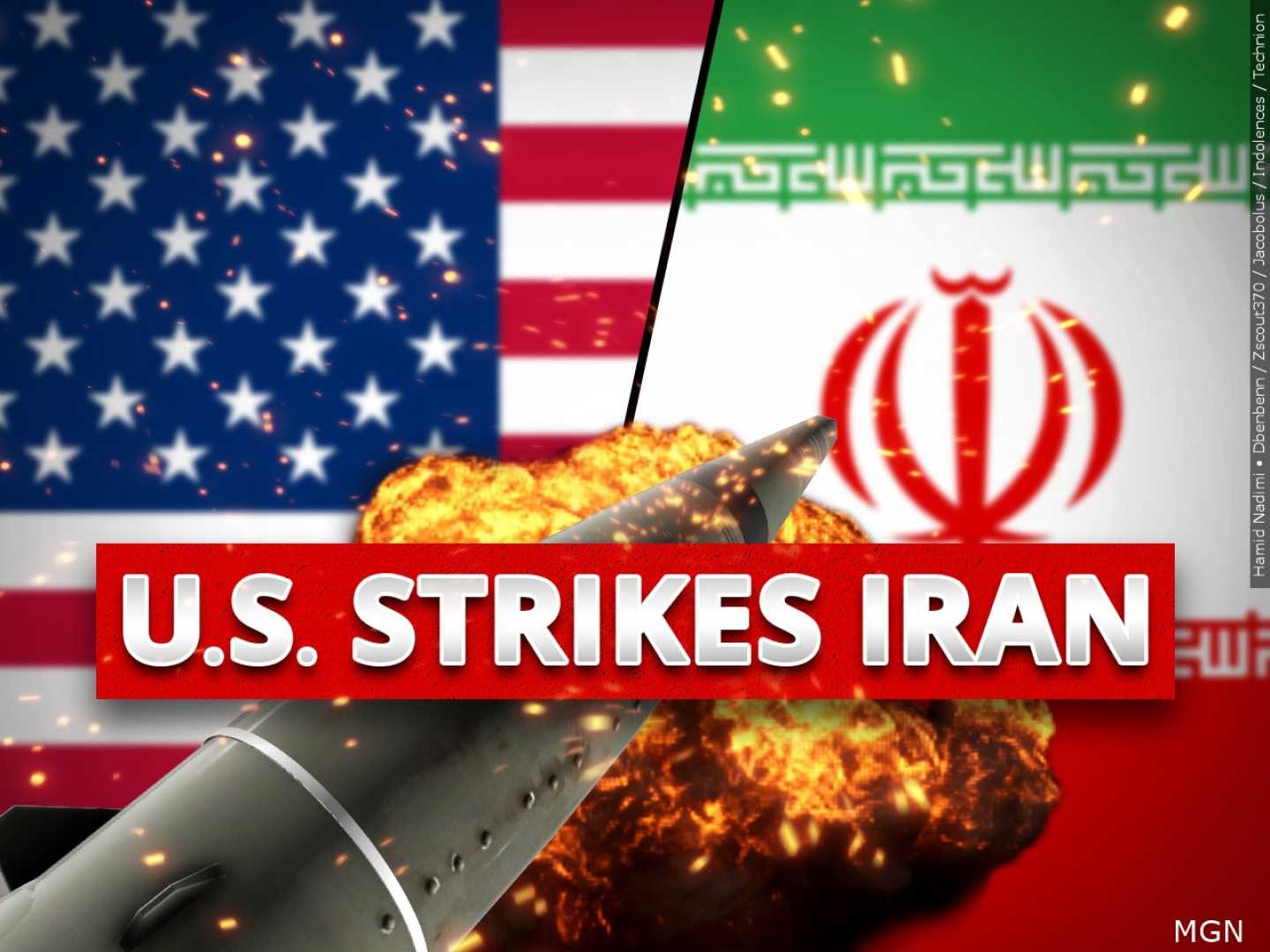News
US Strikes Iran’s Nuclear Sites: Escalation in Conflict with Israel

DUBAI, United Arab Emirates (AP) — U.S. forces struck three Iranian nuclear facilities on Saturday, as tensions surged between Iran and Israel in a rapidly escalating conflict. President Donald Trump announced the strikes, claiming they successfully targeted key sites critical to Iran’s nuclear ambitions: Natanz, Fordo, and Isfahan.
The operation, codenamed Midnight Hammer, involved 125 American military aircraft. The strikes were reported to have occurred between 22:40 GMT and 23:05 GMT on June 21, with Trump stating they obliterated Iran’s nuclear enrichment capabilities.
According to U.S. General Dan Caine, fourteen GBU-57 Massive Ordnance Penetrators were dropped on Fordo, which is strategically buried deep under a mountain. This facility is crucial to Iran’s nuclear program and was deemed a top target for the operation.
Trump expressed confidence in the strikes during a televised address, warning of ‘far greater’ retaliatory actions if Iran does not agree to terms. He referenced future military objectives, affirming that ‘there are many targets left’.
Initial assessments from the U.S. military indicated that all three sites sustained extensive damage. Satellite images taken immediately after the attacks show visible destruction at Fordo, with craters and debris evident around the site.
In response, Iran’s Atomic Energy Organization condemned the strikes as a ‘barbaric violation’ of international law. Iranian officials claimed the facilities had been evacuated prior to the attacks, diminishing potential damage. The Iranian government vowed a ‘proportionate response’ to the U.S. aggression.
As the situation unfolds, President Trump has also raised the possibility of regime change in Iran, stating on social media, ‘if the current Iranian Regime is unable to MAKE IRAN GREAT AGAIN, why wouldn’t there be a Regime change???’
The conflict that sparked this U.S. intervention began intensifying earlier in June, when Israel conducted a series of strikes on Iranian military sites. Tehran retaliated with missile attacks targeting Israeli cities, escalating the cycle of violence.
Globally, reactions varied. The UK, France, and Germany issued warnings about Iran’s nuclear capabilities, urging renewed diplomatic talks. U.N. Secretary General António Guterres characterized the U.S. strikes as a dangerous escalation.
The situation in the region remains tense, with potential implications for international relations and global stability. As Iranian President Masoud Pezeshkian stated, the U.S. will face consequences for its actions.












